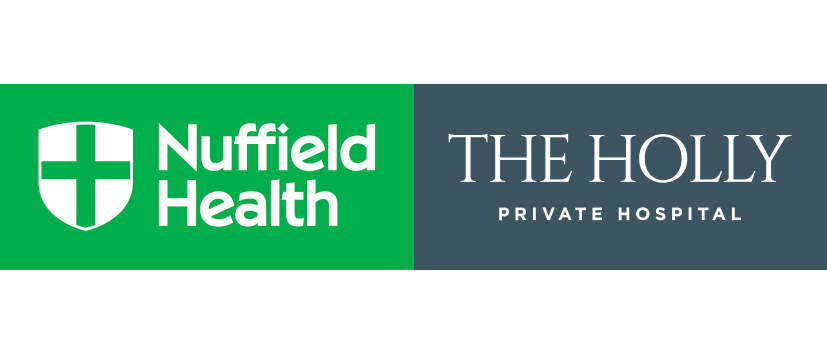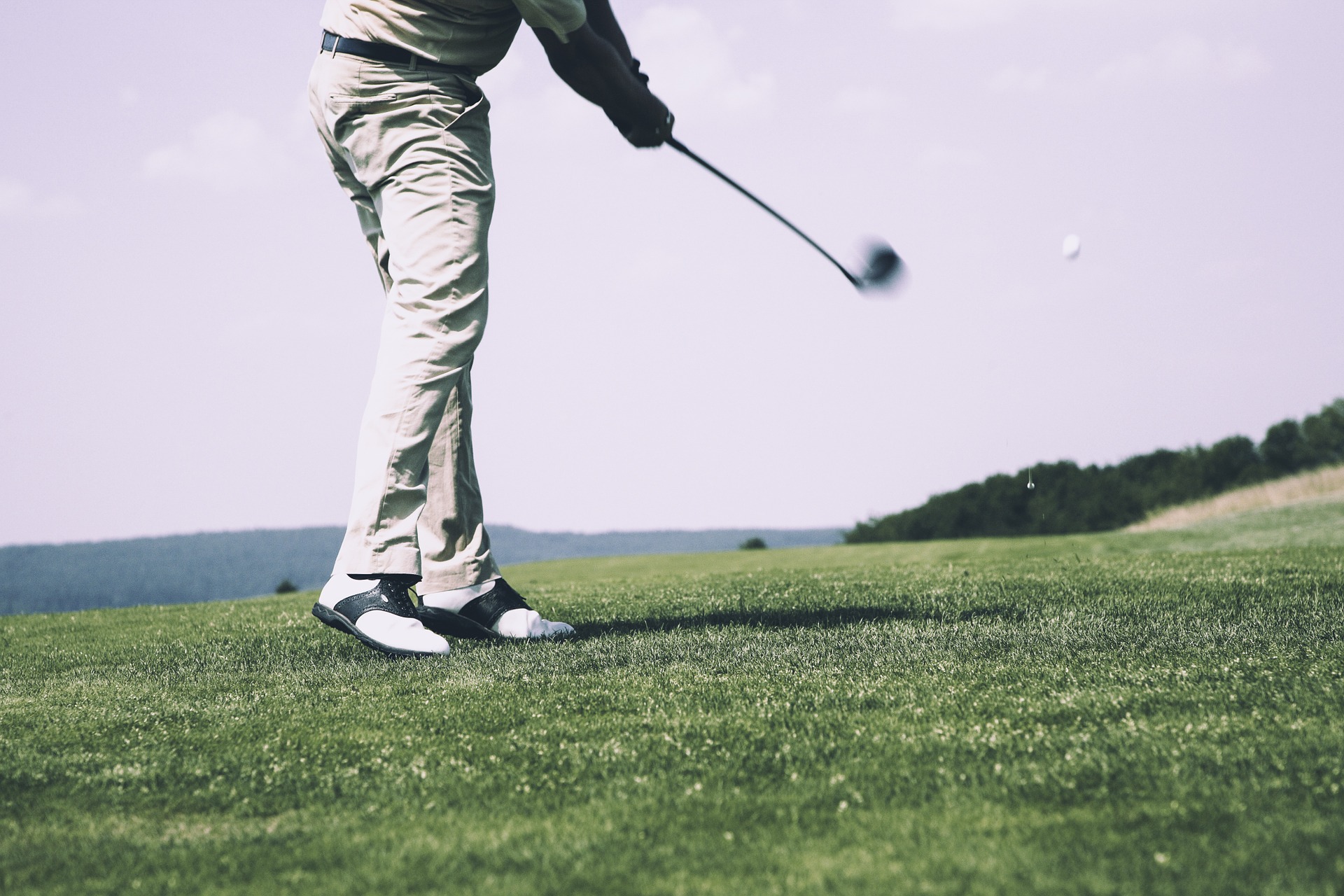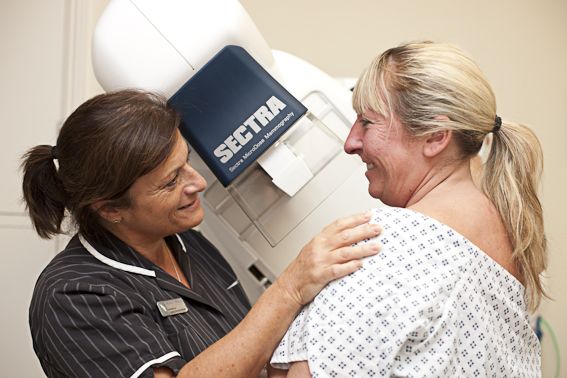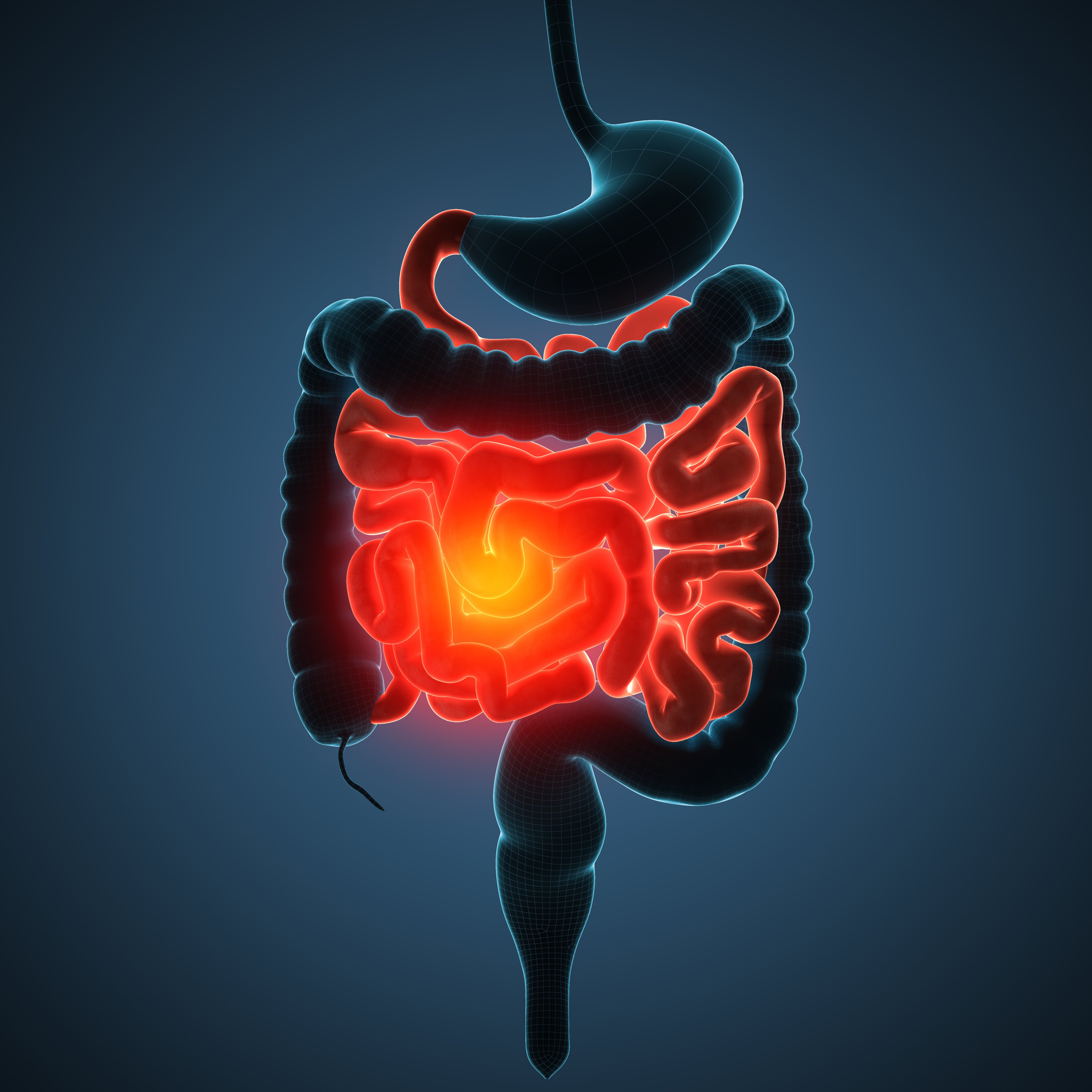In our latest Ask the Expert article, Mr Sunil Kumar Consultant Orthopaedic Surgeon & Sports Physician at The Holly Private Hospital talks about a common but painful condition; Golfer’s Knee. You can read the full article below.
How common are knee injuries for golfers?
Second, to the lower back, the knee is the most commonly injured joint in golf. This is because the golf swing places a tremendous amount of torque on the structure of the knee.
Studies show that it would actually be less stressful to jog the eighteen holes of golf than play them! The force that the golf swing exerts on the knee is more powerful than the force exerted on the knee of a jogger. The golf swing actually exerts a force on the knee that is 4.5 times the golfer’s body weight on the forward knee and 3.2 times body weight on the other knee. This happens very quickly since it only takes approximately 0.23 seconds for a pro-golfer to complete the downward swing and 0.82 seconds to complete the upward swing. The downward swing is therefore about 3½ times faster and produces the highest percentage of injuries in amateur and pro golfers alike.
The top three golf-related injuries are:
- Meniscal and ligament tears
- Tendonitis and tendinopathy
- Provocation of degenerative change/osteoarthritis.
Tiger Woods has had arthroscopic knee surgery and ACL repair to his left knee, which is the most commonly injured knee for a right-handed golfer.
How can I avoid golf-related knee injuries?
Problems are related to the amount of rotation through the body that is required during the backswing and follow-through. Ensure the muscles in your hips, low and mid-back are flexible. By allowing full rotation to occur through the back, hips and knees, you can minimise stress.
What’s the best advice for maintaining healthy knee joints?
- Eat healthily and maintain an ideal BMI.
- Make sure you do proper stretching and strengthening exercises.
- Follow a regular exercise programme, and don’t forget exercises that help flexibility and balance.
- Always use good footwear and equipment.
- During the driving setup, rotate the lead leg out to the side, 20 to 40˚, in order to reduce the amount of twisting and pressure on the knee during the final stages of the swing.
- Use a ball retriever.
What’s the best advice on returning to play after a knee injury?
- Maintain a more upright stance.
- Practice at a driving range with wedges and short irons only.
- Start with short swings (half and three-quarter), working up to a full swing progressively.
- Use spikeless shoes with arch supports.
- Stretch and do strengthening exercises, including icepacks.
- Knee braces give good temporary relief, but are not ideal in the long-term, as they can weaken muscles and affect proprioception. Cycling and rowing are best in the recovery phase.
If I go to see a knee consultant what can I expect to happen?
Your consultant will want to spend some time talking to you about your knee and also examine it.
X-rays are good for investigating fractures and the severity of osteoarthritis in the knee. MRI scans are better at assessing soft tissue injuries, including ligament, tendon and meniscal disorders.
Arthroscopy is a day case procedure undertaken under general anaesthetic, which allows formal evaluation of the internal structures of the knee and cartilage repair, removal of loose bodies and meniscal surgery. Recovery time is usually a week to two weeks. Golf can be resumed in a progressive manner at four weeks.
Golfers with significant arthritis may require a total knee replacement and custom (3D printed) knee replacements are now available, which allow a bespoke fit, resulting in a more rapid recovery and hopefully a better functional outcome. One can usually return to gentle golf at six weeks, progressing as the pain and function improve.
Mr Kumar is available to see patients who wish to pay for their own treatment and those with private medical insurance. To make an appointment please call 0208 936 1201.




